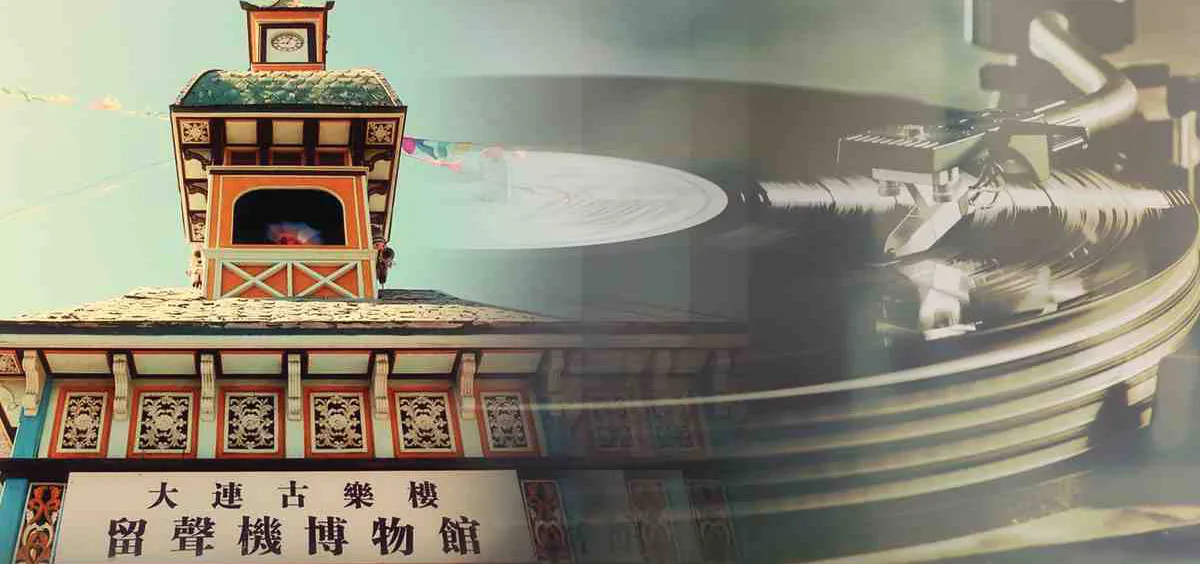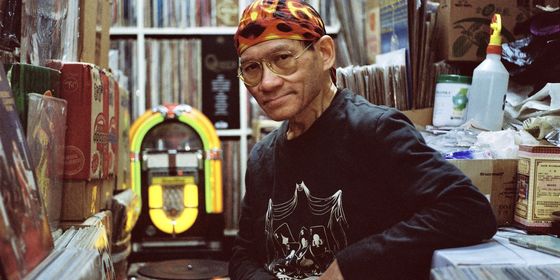A singular museum in north China offers a rare insight into its musical history
Wang Xinwei tosses a coin into a black hat, and the hurdy-gurdy man slowly cranks into life, playing the kind of novelty song last heard on the streets of New York in the early 20th century.
But the organ grinder is an animatronic model, manufactured in the Netherlands in 1918, and the location is a museum in Lüshun, a small city at the extreme southern tip of the Liaodong Peninsula, with its own singular history.
“Let’s give a cheer for these magical sounds from 100 years ago!” cries Wang, encouraging his audience of some 20 tourists, who’ve come from around the world to explore his phonography museum, a damp storage building that Wang, a retiree in his 60s, has converted into a unique private collection.
Dating from 1887 to 1979, over 25,000 records and antique phonographs offer a unique insight into musical and military history.
Surrounded by ocean on three sides, Lüshun was a strategic seaport in several conflicts, including the First Sino-Japanese War (where it was the site of an infamous massacre), the Russo-Japanese War of 1904, and World War II. Named Port Arthur, after Royal Navy Lieutenant William C. Arthur, who surveyed the area in 1860, Lüshun was a fortified area guarding the approach to Manchuria, and thus vital to power plays in the Far East.
Successively administered by the Russian and Japanese empires, then the Soviet Union until 1953 (it’s now the Lüshunkou district of Dalian), Lüshun was settled by thousands of foreigners in the early 20th century, among them merchants, diplomats, journalists, artists, and army officers. Many owned phonographs and records produced in the US, Europe, and China, considered high-end entertainment in the early 1900s.
Born in 1953, the descendant of a wealthy and music-loving Qing dynasty family, Wang remembered having a gramophone at home, which he could already take apart and put back together by age seven. After school, he would cut grass to sell for cattle feed, earning 3.7 RMB after many months—enough to buy phonograph in a pawn shop.
Since then, phonographs have never been out of Wang’s life. The story of how he came by—and kept—his complete collection is remarkable.
Sound of a Century is a story from our issue, “Modern Family.” To read the entire issue, become a subscriber and receive the full magazine.













